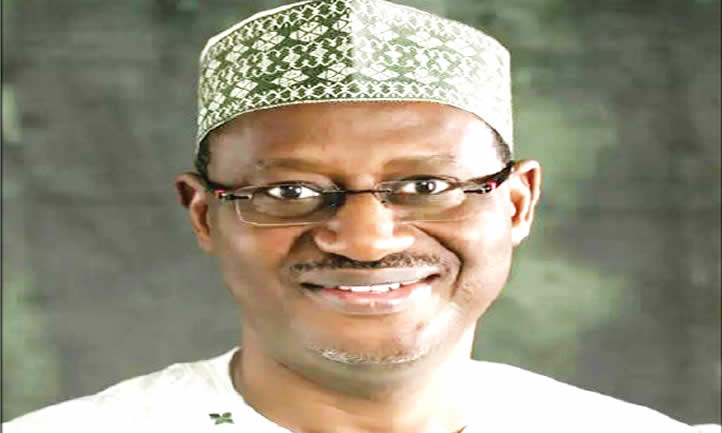The 2025 Nigerian Federal Housing Budget, totaling N98.13 billion, has sparked widespread concern among stakeholders who argue that the allocation is insufficient to address the nation’s staggering housing deficit and contradicts President Tinubu’s campaign promises under the Renewed Hope Agenda. While N88.14 billion is designated for capital projects, including the construction of 20,000 housing units, experts question the feasibility of this target given the limited funds and the current progress of the Renewed Hope Cities and Estates initiative, which has only 13,612 units under development. The allocated amount pales in comparison to the estimated N5.5 trillion needed annually to effectively tackle the housing shortage, highlighting a significant disconnect between policy aspirations and financial realities. The planned projects, spread across various states and including larger developments in major urban centers, face challenges related to escalating construction costs and the affordability gap for the majority of Nigerians.
The current allocation represents a slight decrease from the 2024 housing budget of N99.92 billion, which dedicated N18.2 billion to the Renewed Hope housing scheme and N8.49 billion to the national housing program. While the 2024 budget demonstrated a more focused approach towards targeted housing initiatives, the reduced allocation for 2025 raises serious doubts about the government’s commitment to meaningfully addressing the housing crisis. The Minister of Housing and Urban Development, Ahmed Dangiwa, has advocated for a substantial increase in the annual housing budget to N500 billion, emphasizing the inadequacy of the current funding levels. This plea underscores the magnitude of the challenge and the urgent need for increased investment to meet the growing housing demand.
Experts have criticized the 2025 housing budget as a mere “scratch on the body,” inadequate to make any tangible impact on the existing housing deficit. The allocation of N11.5 billion for 20,000 housing units translates to a meager N575,000 per unit, a figure considered far too low to deliver decent and affordable homes. Considering the soaring construction costs and the fact that over 80% of Nigerians cannot afford homes due to low-to-medium income levels, the budget’s impact is expected to be minimal. The proposed N500 billion annual budget, while a significant improvement, still falls short of the estimated N2 trillion yearly allocation recommended by some experts to effectively bridge the housing gap within the next decade.
The magnitude of the housing deficit, estimated at 28 million units, requires a colossal N21 trillion to resolve, according to Vice President Kashim Shettima. Bridging this gap necessitates pragmatic strategies, including a specially crafted housing finance system with single-digit interest rates and the promotion of local building materials to reduce costs and encourage wider adoption. The emphasis on enabling environment and supervision by federal and state housing ministries, coupled with targeted efforts to address the needs of low- and medium-income groups, is crucial in achieving sustainable progress. The current budget, however, lacks specific provisions for critical aspects like slum regeneration, social housing, and key worker housing, further raising concerns about its comprehensiveness and ability to effectively tackle the multifaceted housing challenge.
The effectiveness of the housing budget is also hampered by systemic challenges within the housing sector. Land speculation, where allocated land is hoarded or sold at inflated prices without development, significantly contributes to rising housing costs. The ineffectiveness of the housing finance system, characterized by undercapitalized mortgage banks and a lack of long-term focus, also hinders progress. Limited transparency in the utilization of funds from contributory pension schemes and other sources further exacerbates the problem. The banking sector’s emphasis on short-term returns rather than long-term investments like housing also restricts the availability of financing for housing projects. A dedicated housing-focused financial institution with improved capitalisation and partnerships with international investors is urgently needed to overcome these challenges.
A more holistic approach to housing development, incorporating wider socio-economic considerations, is essential. Prioritizing housing construction not only addresses the immediate need for shelter but also stimulates economic growth through job creation and increased activity in the construction sector. Shifting focus to suburban areas and providing affordable housing options for low-income earners, coupled with long-term mortgage plans, can significantly enhance housing accessibility and drive sustainable urban development. Collaboration between the federal government and state governors is crucial, with emphasis on state-level initiatives to address land affordability and rent-to-own schemes. Partnering with the private sector, providing subsidized land, and implementing price controls on building materials are essential strategies for increasing housing supply and affordability.














